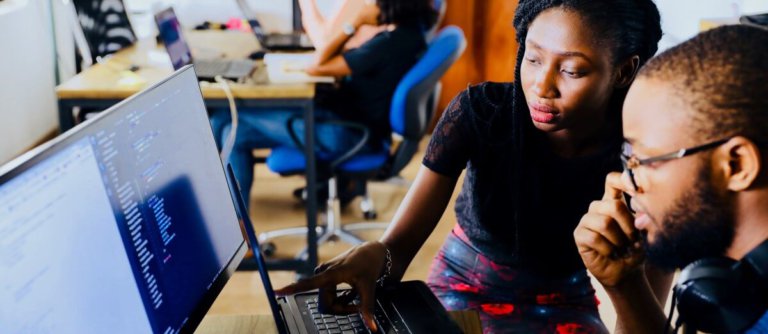
The majority of business school leaders seem to think so.
The AMBA & BGA Business School Leaders Survey found more than two-thirds think content needs an upgrade. More three-quarters of B-School leaders believe a bigger overhaul – ie. on the very fundamentals of the MBA itself – is coming within the next five years.
Research and Insight Manager at AMBA & BGA Will Dawes said: “These findings demonstrate that most leaders believe that MBA delivery methods are likely to evolve over time and that there is scope for improvement in MBA delivery.”
“Indeed, leaders predict that core elements of MBA provision will change in the next decade, which will pose strategic questions about how Schools shape their own future.”
The survey asked 358 decision-makers – including deans, assistant deans and senior managers in the fields of programme delivery, careers and alumni services – at business schools across the world to shed light on what the future of business education would look like.
The mainstays of an MBA education typically revolve around finance, marketing, accounting and economics. But the swift pace of technology advances is forcing businesses to change, and as the survey shows, business schools too.
“Some of those who think that the fundamentals of the MBA are likely to change in the next decade directly cited technological innovations, both in terms of the provisions,” the report notes.
“Schools will need to take to adapt to new ways in which companies operate and how Schools deliver their programmes.”
The top technologies perceived to be most important are: Big data (95 percent of business school leaders said it is either “very” or “fairly important”), experiential learning (94 percent), digitisation (93 percent) and artificial intelligence (86 percent).
Fundamentals of the MBA must change within five years, say Business School leaders. Read our new research on how technology will impact the higher education sector in years to come here: https://t.co/hso0a1Zwjd pic.twitter.com/3pqkPaECgz
— Association of MBAs (@Assoc_of_MBAs) February 10, 2020
More than four in five leaders (83 percent) believe data visualisation is important, followed by
automation (79 percent), virtual reality (63 percent) and augmented reality (60 percent).
Are business schools ready for change?
Reshaping curriculum is nothing new. Ethical and social issues like #MeToo, NFL protests and Uber’s “bro” culture have made their way into courses and case studies.
When it comes to the incorporation of certain technologies, however, business schools appear more hesitant.
While the vast majority of business schools are confident to embrace experiential learning (83 percent), digitisation (75 percent) and big data (75 percent), the response is more lukewarm when it comes to data visualisation (58 percent) and AI (51 percent).
Confidence levels dipped lower still for augmented reality and virtual reality, with approximately three in five business school leaders saying their school is unprepared to embrace these technological developments.
“It could be argued that some of these technologies not only offer an opportunity to be integrated into the curriculums at Business Schools, but also have the potential to be further applied in how Schools are able to operate,” said Dawes.
Dawes added: “These results are further evidence of mixed levels of confidence in whether MBA curricula meet the needs of the biggest tech employers”.
Sixty percent of participants are confident their MBA curriculum meet the needs of the biggest tech employers, while 31 percent are not. Only 13 percent strongly agree with the statement “my Business School is well prepared to embrace the opportunities of the Fourth Industrial Revolution”.
Dawes added these findings “should not override the overall optimism of the sector and belief in its capacity to grow”.
“Indeed, 84 percent of leaders believe that their Business School will grow in capacity in the next three years. More than a third of leaders (34 percent) are very confident. On the other hand, just one in eight (13 percent) are not confident,” he said.
Liked this? Then you’ll love…
High-tech luggage & mobile linking: Top 10 startups by MBA graduates in 2019







